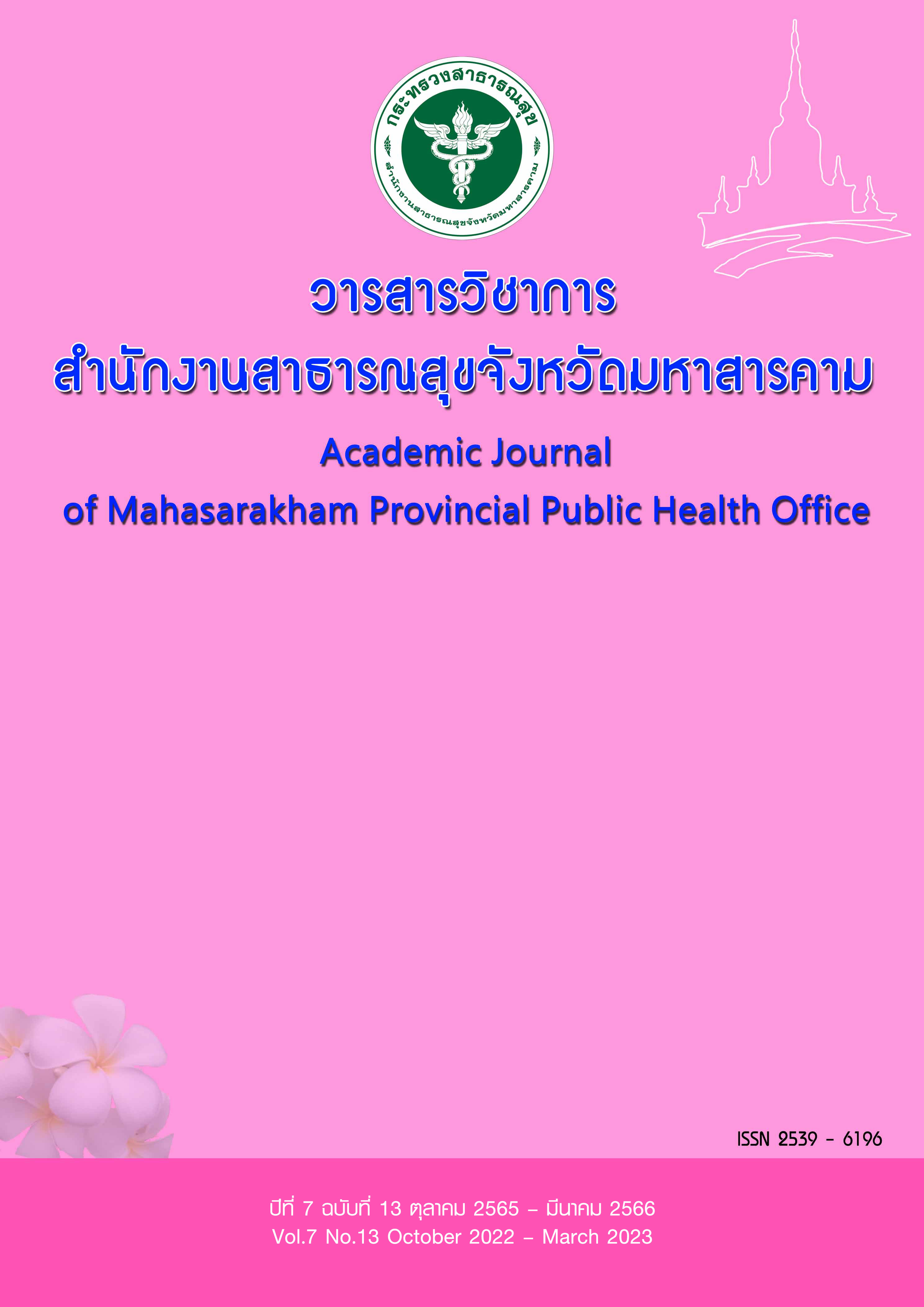Development of long term care model for elderly with dependent under the National Health Insurance System, Songkhla Province
Abstract
Abstract
This qualitative research aimed to 1) study the situation of long-term care (LTC) for dependent elderly people under Songkhla Province's National Health Security System, 2) develop a long-term care model for dependent elderly people, and
3) formulate policy recommendations for long-term care for dependent elderly people. The sample was purposively selected from four supportive areas of the long-term elderly care fund that had been in operation for over three years, continuously provided care to the dependent elderly, and cooperated quite well. The participants consisted of public health officials, local government officials, care managers, and caregivers accounting for 44 people, and 12 representatives from National Health Security Office, Region 12, Songkhla Province. Data were collected using focus groups and in-depth interviews, using
semi-structured interview guides along with audio recordings. The data were analyzed using content analysis.
Regarding the situation of long-term care for the dependent elderly in Songkhla Province, in the fiscal year 2021, a total of 148,177 elderly people (72.43%) were screened for activities of daily living (ADLs), of which 94.96% were socially bound (independence) (ADL 12 - 20), 4.21% were homebound (partial independence) (ADL 5 - 11), and 0.83% were bedridden (dependency) (ADL 0 - 4). There were 360 long-term care managers, 1,516 caregivers, 59 funding units for the dependent elderly supported by the National Health Security Office (NHSO), 2,284 dependent elderly people receiving a total budget of approximately 13,704,000 baht, and 1,005 dependent elderly people receiving care according to the care plan. The long-term care model for dependent elderly people under the NHSO included: 1) the local administrative organizations were the main stakeholders in administering and managing funds and coordinating other funding sources for sufficient operations; 2) service providers responsible for the elderly quality of life development were likely better at operating projects for dependent elderly in the community as they are public sectors that follow uncomplicated procedures; 3) care managers, caregivers, relatives, and multidisciplinary teams established a detailed care plan based on elderly needs; and 4) caregivers had a mentoring system and buddy in the care under the supervision and consultation of the care managers. Development of long term care model for elderly with dependent is “3 CHANA Model” include Case Manager, Caregiver, Care Plan, Health Care Fund, Approach, Network and ADL.
As part of this study, the following policy suggestions are offered for long-term care for dependent elderly people: establishing a mechanism for long-term care for dependent elderly people in the community through the Elderly Quality of Life Development Center, seeking budget cooperation with other funds, and bringing long-term care for dependent elderly people to the District Health Board's attention.
Keywords: dependent elderly, long-term care, elderly care manager, elderly care assistan


